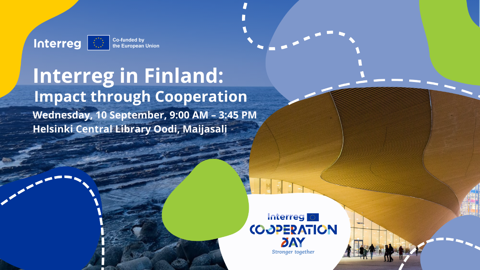Find Interreg programmes
Discover Interreg programmes through the interactive map below. Filter by country, thematic objectives or type of programme to find the information you need. Data is provided by keep.eu.Programmes
Select Programme type
Legend
Need more information about Interreg programmes?
Looking for deeper insights? Learn more about the thematic objectives driving Interreg programmes, or explore the different types of programmes available, to find the one that best suits your needs.
Explore news & stories
Dive into more relevant stories that made a difference in the area.
The Atlantic Area programme approves 24 new projects with €55 million investment
The Interreg Atlantic Area programme has approved funding for 24 new cooperation projects during its latest Monitoring Committee meeting held in Galway, Ireland. These projects were selected under the programme's Third Call for proposals and represent a total investment of €55 million.
08 July 2025
A slice of cooperation: Four programmes launch the Interreg Bake Off Challenge
How do you celebrate 35 years of European cooperation? With a cake, of course. Or better yet, with a cake that tells a story.
07 July 2025
Early Interreg Day event spotlight - Interreg in Finland: Impact through cooperation
This year’s Interreg Cooperation Day campaign kicks off with an inspiring early event in Finland!
03 July 2025
Join an online event showcasing Interreg projects with Romanian partners
The Interreg Europe programme national contact point in Romania is hosting an online event to highlight inspiring projects from various Interreg programmes involving Romanian partners.
27 June 2025